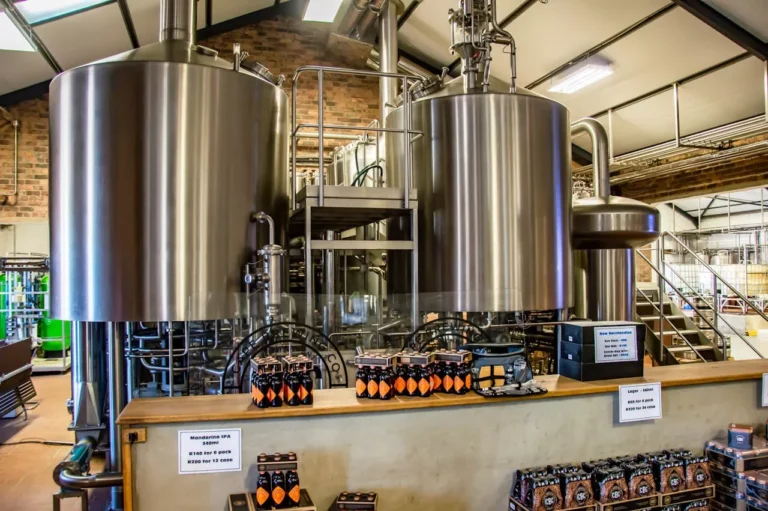
In response to the ongoing strike by the International Longshoremen’s Association at East and Gulf Coast ports, compounded by Hurricane Helene in the Southeastern U.S., FMI President and CEO Leslie Sarasin released the following statement:
“Shoppers may feel concerned about their grocery needs, but we encourage everyone to shop mindfully, purchasing only what they need in the short term to ensure others in the community also have access to essential items. The grocery supply chain is resilient and adaptable, and the industry is taking all necessary steps to meet household demands.
“Consumers can remain confident in the availability of food and products. Most grocery items, including paper products, are produced domestically and are unaffected by the port strikes. However, if the strikes continue for an extended period, there may be temporary shortages of certain imported goods, such as tropical fruits, due to increased demand. Shoppers may need to be flexible if their favorite imports are unavailable, but rest assured, alternative options will be stocked.
“The grocery industry, from stores to manufacturers, is committed to serving customers, no matter the obstacles. As we saw during the COVID-19 pandemic, the food industry consistently rises to the challenge of delivering essential goods to communities.
“Whether facing natural disasters or supply chain disruptions like the current port strike, the food industry remains focused on caring for customers and communities.”
About FMI
As the food industry association, FMI works with and on behalf of the entire industry to advance a safer, healthier and more efficient consumer food supply chain. FMI brings together a wide range of members across the value chain — from retailers that sell to consumers, to producers that supply food and other products, as well as the wide variety of companies providing critical services — to amplify the collective work of the industry




